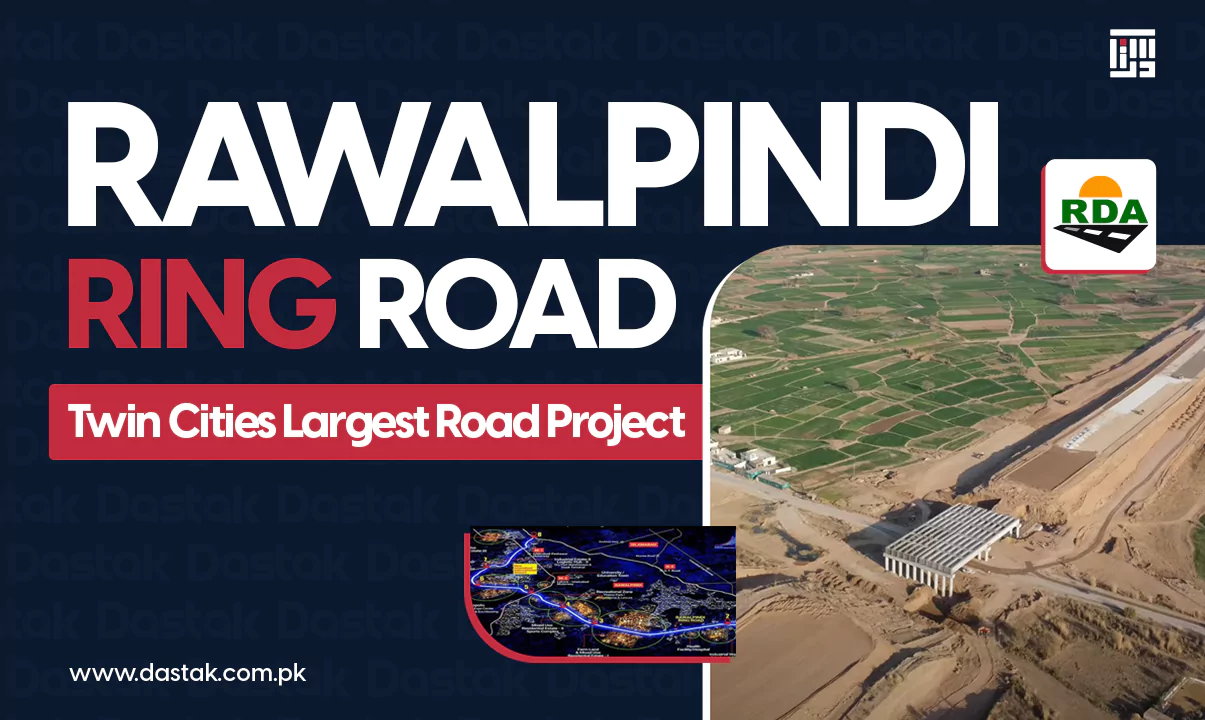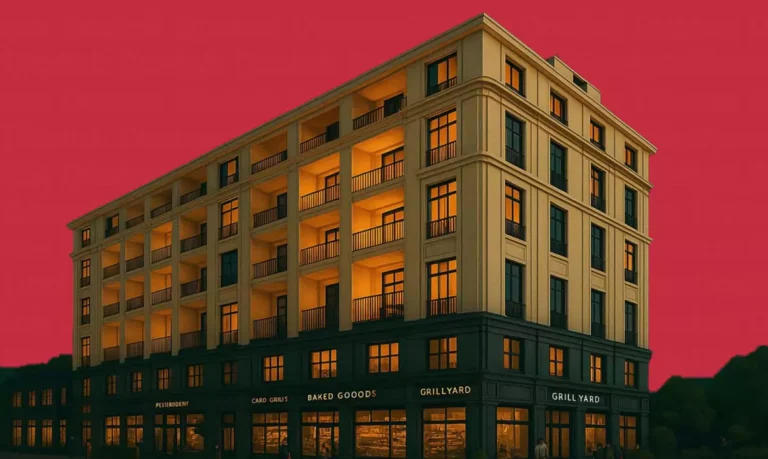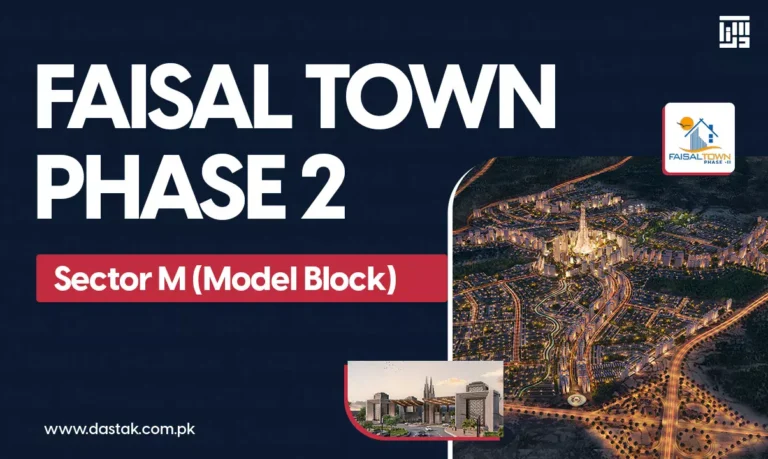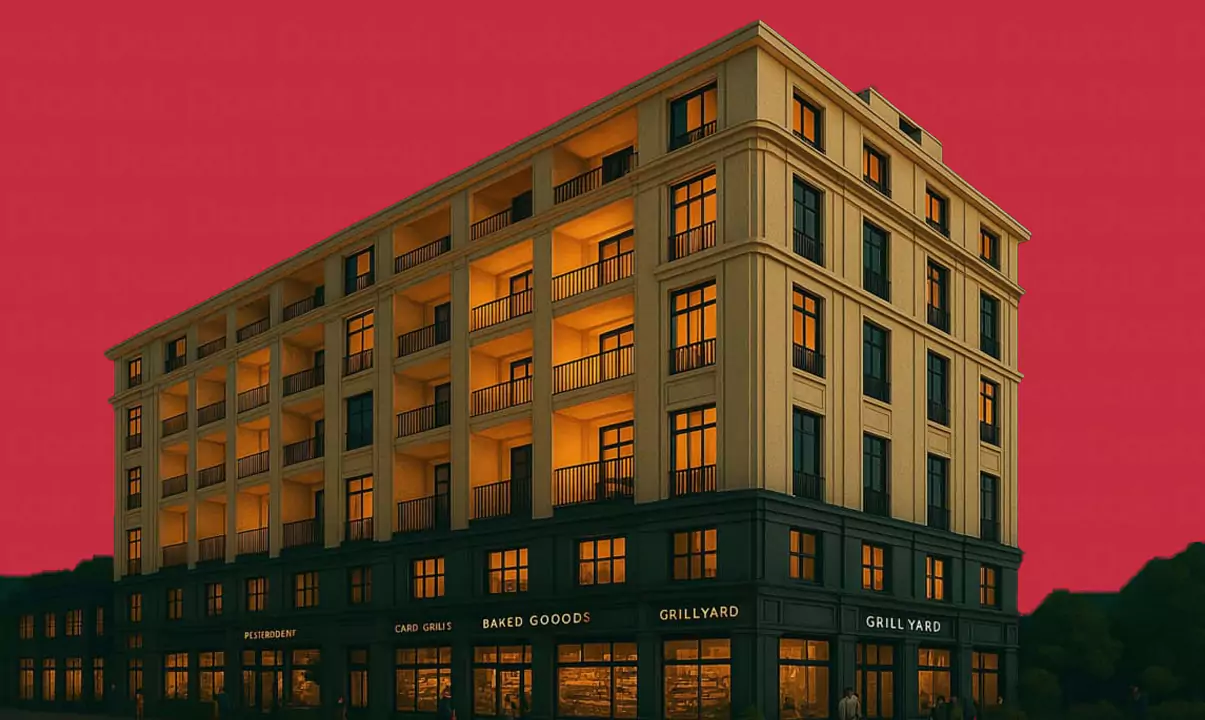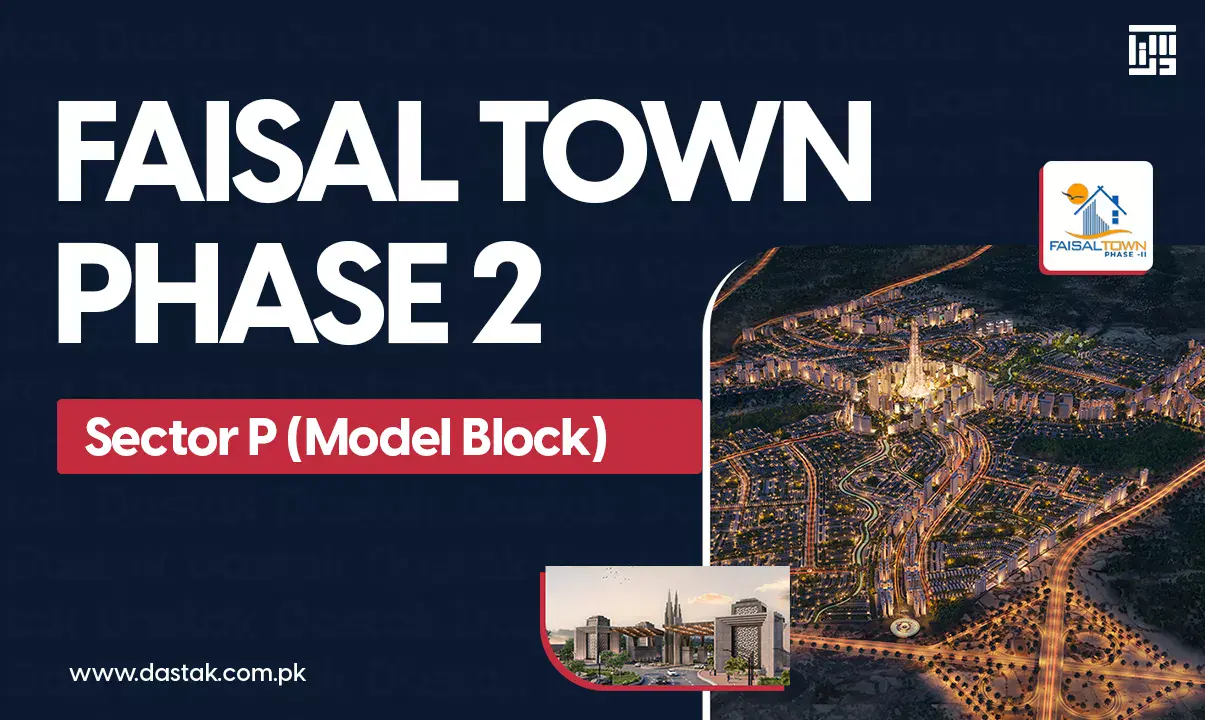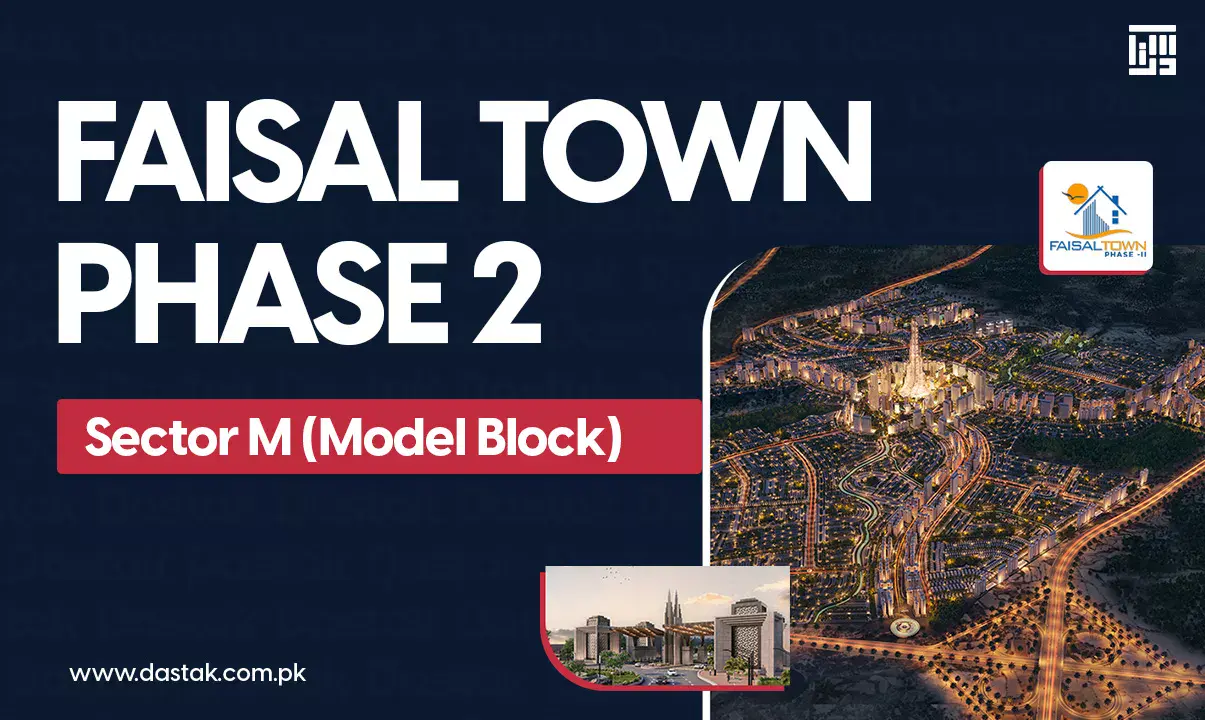Rawalpindi Ring Road is the largest infrastructure project ever launched in Rawalpindi. It is a 38-kilometer-long, six-lane controlled-access highway that is planned to divert over 50,000 vehicles per day from Rawalpindi’s roads, significantly easing traffic, connecting major highways, and promoting economic growth.
Rawalpindi Ring Road (RRR) connects GT Road (N-5) with Thalian Interchange near the New Islamabad International Airport. It passes through areas like Rawat, Baanth, Chakbeli Khan, and Chakri. Its development has led to connectivity across Punjab and massive growth in real estate as numerous housing societies and Special Economic Zones (SEZs) are planned along its route.
According to the Punjab Government authorities, the development of the RRR project is going fast, and it is to be completed by December 2025.
Table of Contents
Key Features of Rawalpindi Ring Road Project
| Features | Details |
|---|---|
| Length | 38 – 40 Km |
| Width | 110 meters |
| Interchnages | 8 |
| Overpassses | 10 |
| Lanes | 6 |
| Bridges | 13 |
| Service stations | 4 |
| Pedestrians Subways | 16 |
| Culvrets | 51 |
| Project Cost (Est.) | 39 Billion PKR |
Rawalpindi Ring Road Route & Access ways
The Rawalpindi Ring Road is approximately 40 km long and 110 m wide. The route comprises the following major towns and access ways:
- Rawat
- Bhan Syedabad
- Muradabad
- Chakbeli Khan
- Baanth
- Chakri
- Taxila
- Adiyala Road
- Thalian Interchange
- GT Road
- Motorways (Hakla DI Khan, M1, M2 Motorway)
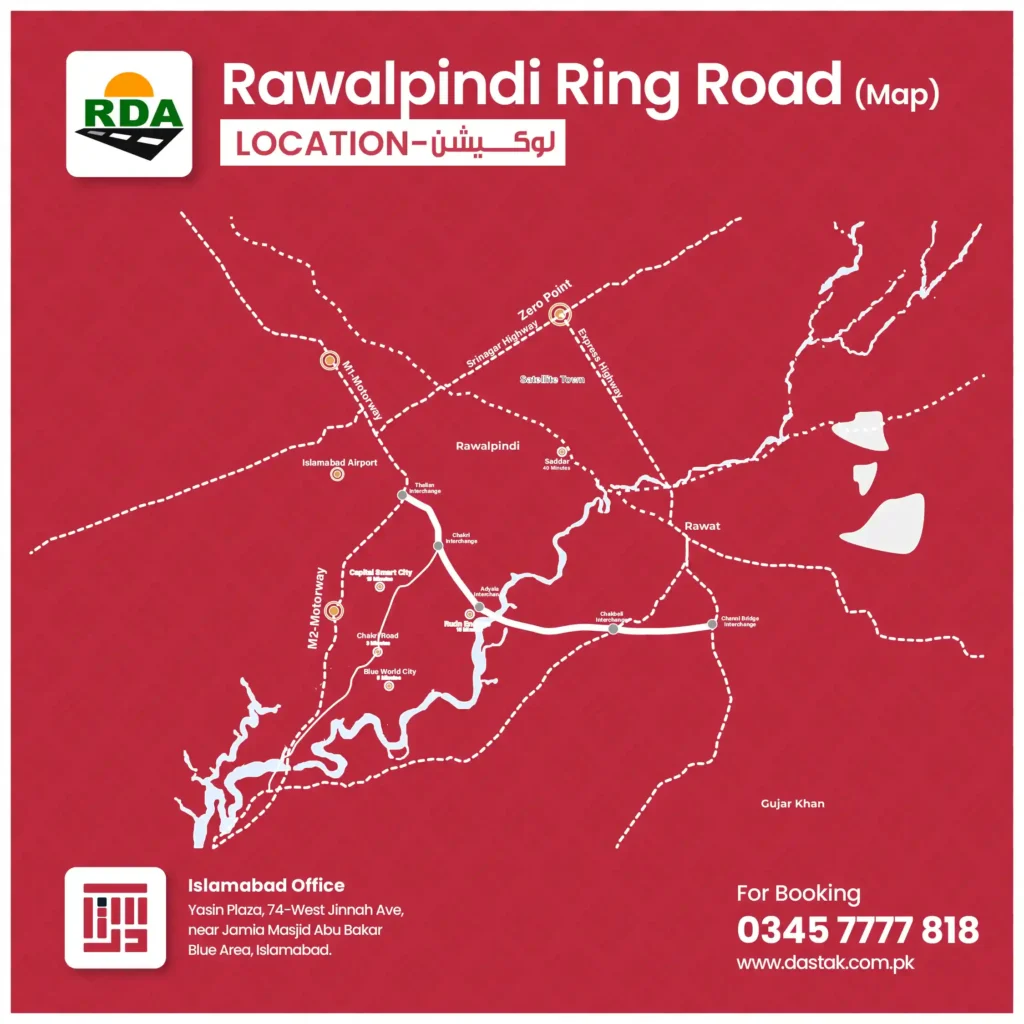
Rawalpindi Ring Road Developers & Authorities
The Rawalpindi Ring Road project was proposed by the Punjab Annual Development Program. Currently, the project is under the jurisdiction of CDA and RDA, and Frontier Works Organization (FWO) is leading the development and construction work. Several other national and international designers and development partners are also currently on board.
Layout and Development Plan 2025
The Rawalpindi Ring Road is a project worth 39 billion rupees, among which 33 billion rupees are set for the construction of the highway, while 6 billion rupees have been set for land acquisition. The layout plan has been designed by the Botek JV, a Turkish Consulting Corporation, and comprises multiple units; some of the major ones are mentioned below.
Phases
As per the development plan, the project has been categorized into 2 phases:
Rawalpindi Ring Road Phase 1
RRR Phase 1 Covers the GT Road to Thalian Interchange. Most of the interchanges and bridges in the layout plan fall within this phase. As of over 50% of RRR Phase 1 has been completed.
Rawalpindi Ring Road Phase 2
This phase includes further extension towards Adyala Road and potentially beyond, and is still in progress. As of 2025, around 40–60% completed and include additional SEZ zones and future expansion plans.
Key Interchanges at Rawalpindi Ring Road
New housing societies and commercial hubs are planned near key interchanges.
- GT Road N-5 Sanjgani
- Thalian Interchange (M2 Motorway)
- Fateh Jang Road Interchange
- Chakri Interchange
- Hakla – D.I. Khan Interchange
- Adyala Road
Impact on Housing Societies & Real Estate Sector
The Rawalpindi Ring Road is also expected to impact the real estate sector of the twin cities, particularly the housing societies along its route. It shall appreciate the property values, attract investment, and increase accessibility, thus making it a game-changer for the real estate market.
Top 6 Housing Societies Impacted by RRR
The property values in these housing societies have already increased dramatically and are expected to grow even more as the development proceeds.
Capital Smart City
Capital Smart City is the most popular and the most innovative project in the capital. Having a prime location near the M2 Motorway and the Thalian Interchange, a major thoroughfare from the RRR, this project shall experience a major boost for both residential as well as commercial purposes.
Blue World City
The development of the Rawalpindi Ring Road shall impact Blue World City Islamabad as it has an exact location near the Chakri Interchange, a prominent breakthrough of the Rawalpindi Ring Road. Thus, society will experience accessibility, high property demand, and maximum investment returns.
Faisal Town Phase 2
Faisal Town Phase 2 is also one of the most renowned developments in the region. Being located along the M2 Motorway, it shall also experience increased connectivity via the Ring Road beside it, and will raise the property demand.
Top City Islamabad
Top City Islamabad shall also experience a benefit from the RRR due to its proximity to the Thalian Interchange at the M2 Motorway. Also, being the nearest to the Islamabad International Airport, it will become a prime investment destination and will increase property demand.
DHA Phase 3
DHA Phase 3, being located near Rawat, shall also experience better accessibility. The Ring Road will reduce travel time to Islamabad and the GT Road, making DHA Phase 3 more attractive for buyers. The easier connectivity is expectedly shall increase the property value and demand.
Gulberg Islamabad
As per the future extension plans of the Rawalpindi Ring Road, the project may include an extension to this area. Also being near Rawat, one of the nearest landmarks of RRR, Gulberg Greens will see a huge boost in demand and property values.
Besides, several other projects, such as the Mumtaz City, Bahria Phase VII Ext.,Rudn Enclave,Al Haram City, and many others, are also known to benefit from this landmark development of the Rawalpindi Ring Road.
Historical Background
- 1997: Initial proposal by the Punjab Government
- 2010 to 2017: Development delays due to administrative and political changes
- 2017: Reintroduction and international presentation (e.g., Asian Development Bank)
- 2023: Project execution accelerated under new government leadership
- 2025: Project expected to be completed by December 2025
RRR Development Update: Deadline December 2025
Here are the recent development updates from the Punjab Government:
- The project has to be completed by the end of December 2025.
- Road carpeting is ongoing in Chakbeli and Baanth regions.
- The development work of Phase 2 of the Rawalpindi Ring Road is completed up to 40 to 60%.
- The development work on nearly 5 out of 8 interchanges is in progressive phases or near completion.
A major breakthrough in the development of the Rawalpindi Ring Road came forward in 2017 when the project was presented to international platforms like the Asian Development Bank. After that, the overall developmental plan was ignited in August 2023 and was planned to be completed by the year 2024. However, the deadline for completion was extended till December 2025.
Major Benefits of the Rawalpindi Ring Road Project
As soon as the project is completed and delivered, it will present numerous benefits to the overall infrastructure and real estate sector of both cities. Some of the major benefits of the Rawalpindi Ring Road include the following:
- Improved connectivity, easy access, and reduced traffic congestion in Rawalpindi’s inner-city roads.
- High demand and increased property values in the nearby housing societies
- Better access to the New Islamabad International Airport
- Expansion and development of new societies along the route
- Promotion of new Special Economic Zones (SEZs).
You May Also Want to Know
According to government sources, the Rawalpindi Ring Road is set to be completed by December 2025.
It is 38.3 to 40 kilometers long and is 110 meters wide, has six lanes, and multiple interchanges.
Multiple housing societies, including Capital Smart City, Blue World City, Top City-1, DHA Phase 3, Gulberg Greens, and Faisal Town Phase 2, will benefit from RRR.
The project is managed by RDA and CDA, constructed by FWO, and planned by Botek JV (Turkey).
Final Words
Rawalpindi Ring Road holds significant potential in terms of connectivity and efficient transportation in the metropolises. The project stands as the most distinguished pathway connecting several towns and residential projects in the adjoining areas, highly appreciating their property value. Given the developmental proceedings at the promised timeline, the project shall deliver countless benefits in all aspects.

